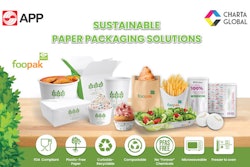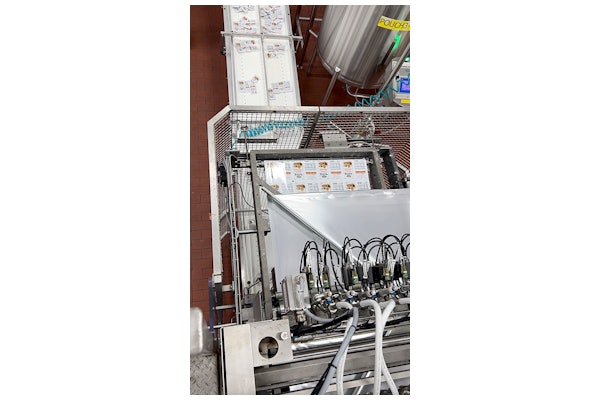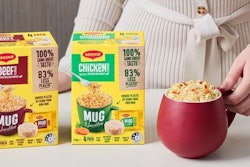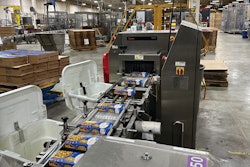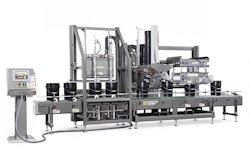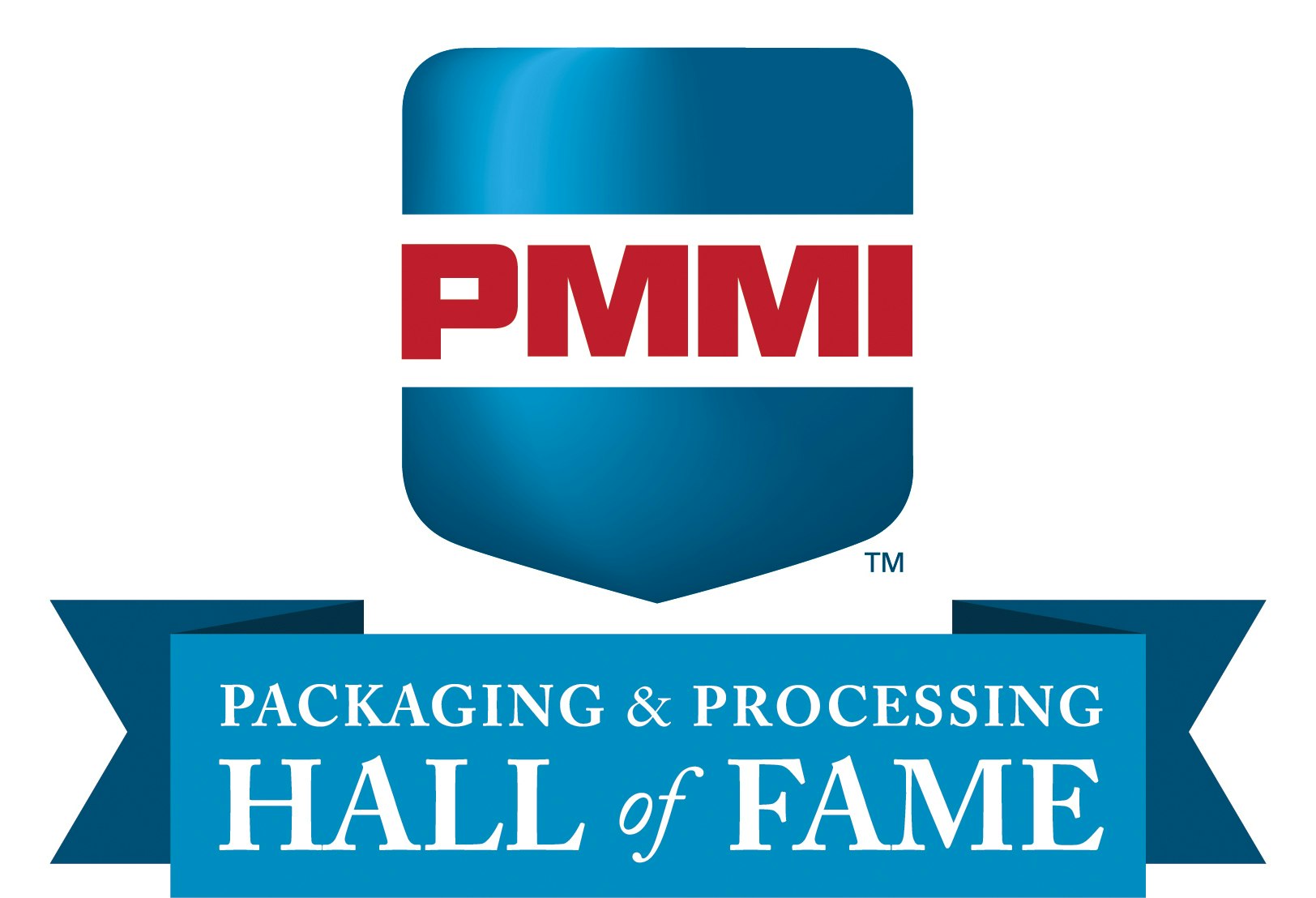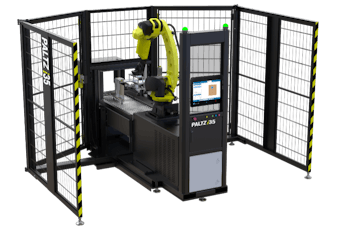
The IP & Science business of Thomson Reuters, a worldwide provider of intelligent information for businesses and professionals, released a life sciences report, “An Outlook on U.S. Biosimilar Competition,” providing a view of the challenges facing companies entering the U.S. biosimilar drug market and key players predicted to break into this developing pharmaceutical space.
The U.S. Food and Drug Administration defines a biosimilar as, “A biological product that is highly similar to a U.S.-licensed reference biological product notwithstanding minor differences in clinically inactive components, and for which there are no clinically meaningful differences between the biological product and the reference product in terms of the safety, purity, and potency of the product.” Biosimilars are sometimes referred to as follow-on biologics.
The Thomson Reuters report says that while the U.S. continues to take steps toward entering the global biosimilar market, it lags behind other nations in this space. The report compares U.S. and E.U. regulations to underscore the significant differences between these regions and explore ways the U.S. can compete more effectively, in addition to reviewing emerging regulatory developments in India and China. It also identifies potential leaders of the U.S. market, including Amgen, Hospira, and Sandoz, among the top pharmaceutical companies with the most potential to dominate the early stages of biosimilar medications entering the U.S.
Biologic medicines, including biosimilars, are developed using living organisms instead of synthesized chemical compounds, and are known to effectively treat a range of conditions including rheumatoid arthritis, metastatic breast cancer, non-Hodgkin lymphoma, and anemia. Innovative biologic treatments can cost tens of thousands of dollars per year. Competition from biosimilar therapies will help to lower the cost of these expensive treatments, thus helping to reduce healthcare costs and increase patient access.
What role packaging might play in the development of biosimilar therapies? Andrew Bourgoin, author of the report and senior pharmaceutical research analyst at Thomson Reuters, says, “One of the major differences between the biosimilars market and the small- molecule generics market surrounds automatic substitution. Uptake of generic products relies heavily on automatic substitution, but biosimilars in the U.S. are not given this opportunity. This creates a hurdle for biosimilar products looking to gain market share, and companies looking to overcome this barrier will need to employ branding and marketing strategies to enhance sales efforts. Packaging design will be among the considerations for biosimilar companies when trying to gain a competitive advantage in this growing market.”
Bourgoin adds, “An area where biosimilar developers may find opportunity for competitive advantage is with delivery devices. Many of the biologics targeted for biosimilar competition are injectable products. Patient convenience is an important factor when designing devices for injectable products, especially those that can be administered without the assistance of a physician. Effective packaging requires attention to the areas of leachables, how the biologic reacts to the primary container, and of course, how safe and reliable patients find the delivery device.”
“An Outlook on U.S. Biosimilar Competition,” was created by Thomson Reuters experts in generic drug and API intelligence. The team utilized Newport PremiumTM, an industry tool for identifying and evaluating generic drug development and licensing opportunities, to compile the report.



